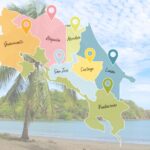What is the Naturalization Process for Costa Rica Citizenship?
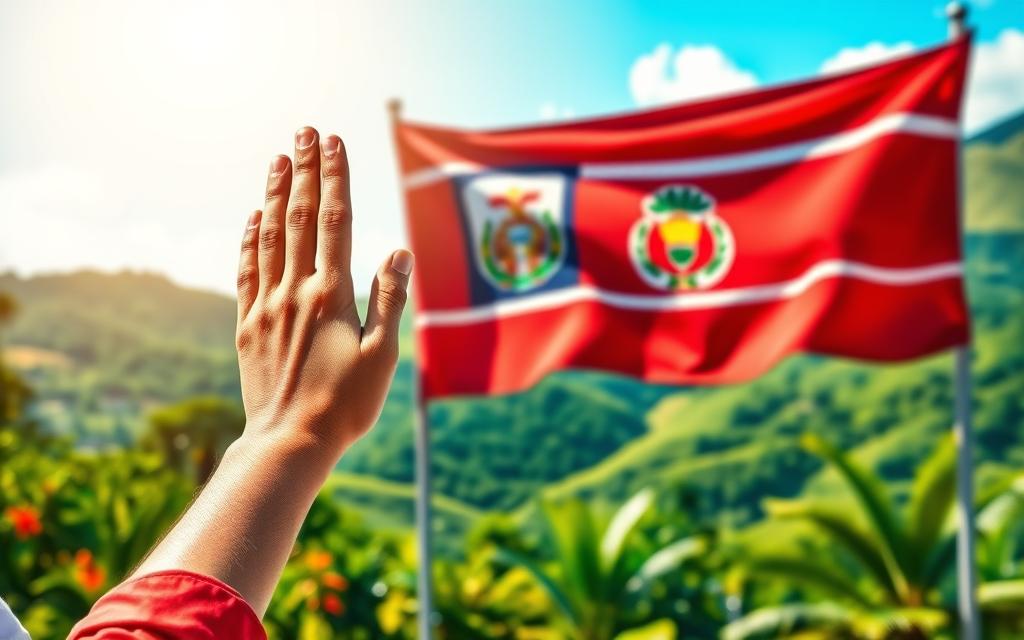
Costa Rica, known for its breathtaking landscapes and welcoming culture, ranks among the happiest and most sustainable countries in the world. Living here offers a unique blend of natural beauty, vibrant culture, and a high quality of life. For many, obtaining residency and eventually citizenship in this tropical paradise is a life-changing goal.
To begin the journey toward becoming a Costa Rican citizen, establishing legal residency is the first step. Applicants must meet specific requirements, including proof of residency, age, and a clean criminal record. These steps ensure a smooth transition into the country’s legal framework.
Beyond the legal aspects, living in Costa Rica provides access to a diverse and inclusive environment. The country’s commitment to sustainability and its rich cultural heritage make it an ideal place to call home. In the following sections, we’ll explore the detailed steps and benefits of this rewarding path.
Discovering Costa Rica Residency Options and Pathways

Costa Rica offers diverse pathways for those seeking residency and citizenship. Whether you’re looking to invest, retire, or join a loved one, the country provides tailored options to meet your needs. Understanding these pathways is key to making an informed decision.
Rentista, Investment, and Permanent Residency Explained
The Rentista program is ideal for individuals with a stable income. Applicants must prove a monthly income of $2,500 for two years or deposit $60,000 in a Costa Rican bank. This option ensures financial stability while enjoying the country’s benefits.
For investors, the Inversionista program requires a minimum investment of $150,000 in real estate or a local business. This pathway not only grants residency but also contributes to the local economy. Permanent residency is available after three years of temporary residency, offering long-term settlement opportunities.
Alternative Routes: Marriage and Investment for Citizenship
Marriage to a Costa Rican citizen offers a streamlined path to citizenship. Applicants must be married for at least two years and reside in the country for the same duration. This route reduces waiting time and simplifies the process.
Investment-based citizenship is another option. By contributing to the economy, applicants can fast-track their journey to becoming citizens. Both pathways require proof of financial stability and proper documentation, such as marriage certificates or investment records.
These residency and citizenship options open doors to Costa Rica’s vibrant culture and high quality of life. For more details on dual citizenship requirements, explore our comprehensive guide.
Meeting Residency Requirements and Legal Obligations
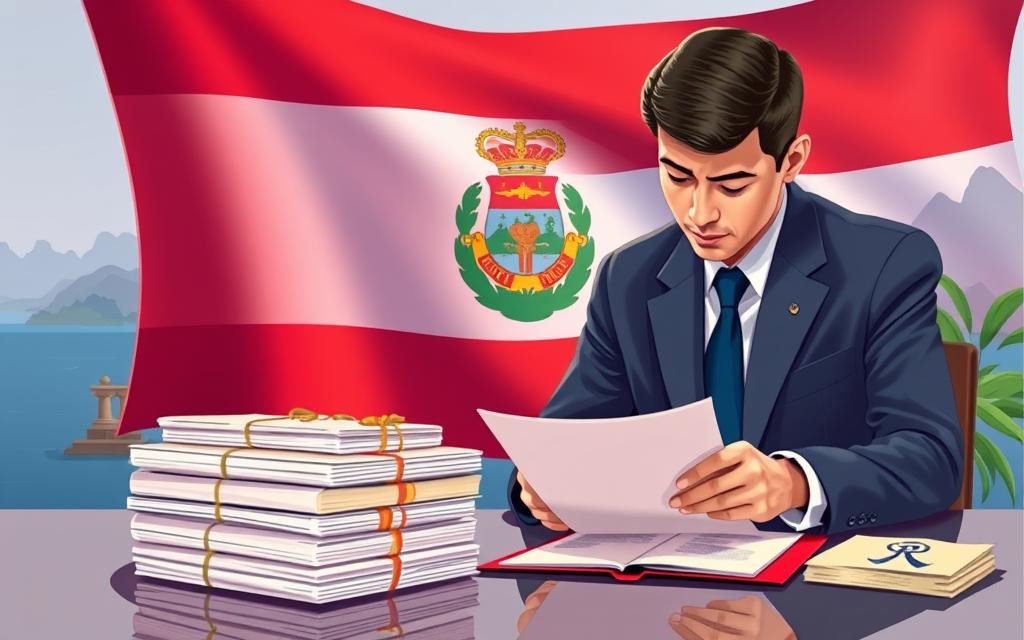
Navigating residency requirements in Costa Rica involves careful planning and preparation. Whether you’re seeking temporary or permanent status, understanding the legal framework is essential. Both options have distinct benefits and obligations that pave the way for eventual citizenship.
Temporary vs. Permanent Residency: Key Differences
Temporary residency is often the first step for newcomers. It allows individuals to live in the country for a specific period, usually one to two years, with the option to renew. This status requires proof of financial stability, a clean criminal record, and proper documentation.
Permanent residency, on the other hand, offers long-term stability. After maintaining temporary status for three years, applicants can apply for permanent residency. This status eliminates the need for renewals and provides a solid foundation for pursuing citizenship.
Both types of residency require adherence to legal obligations. Applicants must submit detailed documentation, including proof of income, police records, and medical certificates. Maintaining a clean criminal record is crucial throughout the process.
Understanding these differences helps applicants make informed decisions. Temporary residency is ideal for those testing the waters, while permanent residency suits individuals ready to commit long-term. For more details on residency options, explore our comprehensive guide.
What is the naturalization process for Costa Rica citizenship?
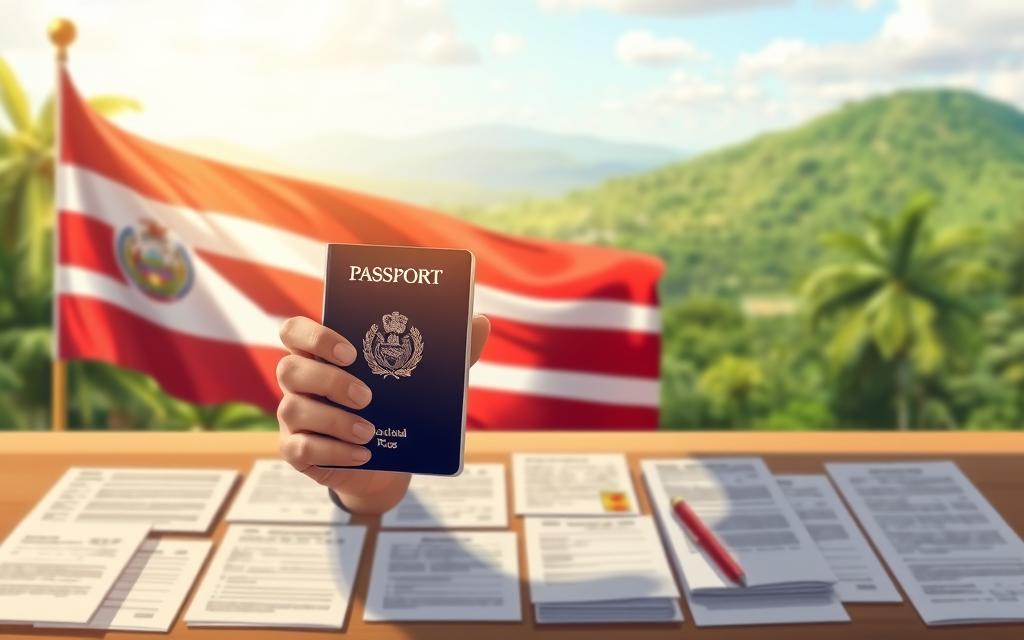
Becoming a citizen of Costa Rica involves meeting specific eligibility criteria and completing essential steps. This path requires careful preparation, from gathering documents to passing mandatory tests. Understanding these requirements ensures a smooth application process.
Understanding Eligibility: Age, Criminal Record, and Language Proficiency
To qualify, applicants must meet age requirements and demonstrate Spanish language proficiency. A clean criminal record is mandatory, as any convictions can impact eligibility. These criteria ensure applicants are well-prepared to integrate into Costa Rican society.
Language proficiency is tested through a Spanish exam, while a social studies test assesses knowledge of the country’s culture and history. Applicants aged 65 and over are exempt from these tests, making the process more accessible for seniors.
Essential Documentation and Application Procedures
Gathering the right documents is a critical step. Applicants need a birth certificate, criminal background check, and proof of residency. All foreign documents must be authenticated and translated into Spanish before submission.
The application process includes submitting these documents and attending a citizenship interview. Applicants should ensure their background check is issued within three months of the application date to meet requirements.
For those seeking dual citizenship, Costa Rica offers a straightforward path. Meeting all eligibility and documentation requirements is key to a successful application.
Embracing Costa Rican Culture and the Benefits of Citizenship
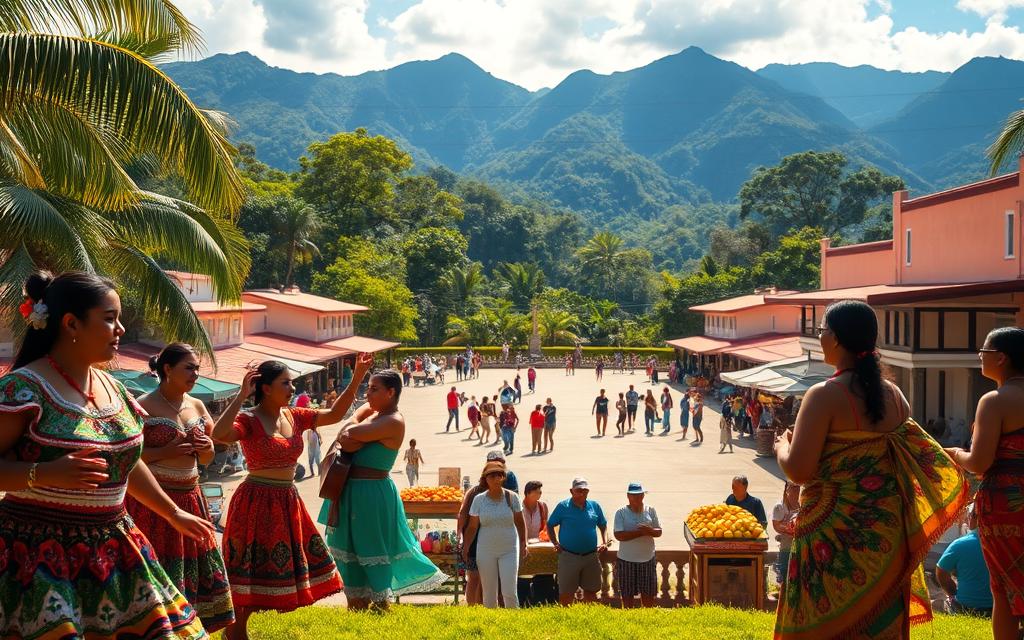
Costa Rican citizenship opens doors to a life enriched by community, tradition, and opportunity. Beyond legal rights, it offers a chance to fully immerse yourself in a culture that values sustainability, happiness, and inclusivity. This section explores the tangible and intangible rewards of becoming a citizen.
Access to Social Services, Property Ownership, and More
One of the most significant benefits of citizenship is access to universal healthcare and free public education. These services ensure a high quality of life for you and your family. Additionally, citizens enjoy the right to own property without restrictions, making it easier to establish roots in the country.
Travel becomes more convenient with a Costa Rican passport, granting visa-free access to over 150 countries. This benefit is ideal for those who love exploring new destinations. Employment opportunities also expand, as citizens are eligible for government jobs and other roles reserved for nationals.
Integrating into Costa Rica’s Vibrant Community
Becoming a citizen means embracing the “Pura Vida” lifestyle, which emphasizes simplicity, gratitude, and joy. Local festivals, traditional cuisine, and community events provide endless opportunities to connect with others. This integration fosters a sense of belonging and deepens your appreciation for the culture.
New citizens are warmly welcomed into neighborhoods and social circles. Whether volunteering, joining local clubs, or participating in cultural activities, there are countless ways to build meaningful relationships. This vibrant community life enhances your overall experience and makes Costa Rica feel like home.
Expert Guidance and Tips from JARO S.C.R. for a Successful Application
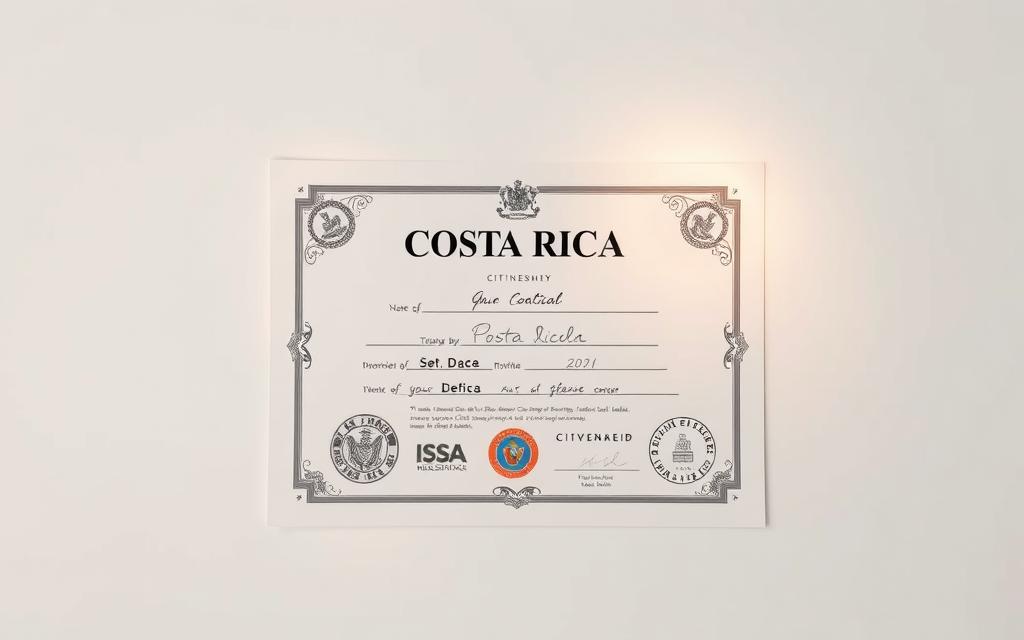
Navigating the path to Costa Rican citizenship can be complex, but with expert guidance, it becomes manageable. At JARO S.C.R., we specialize in simplifying the journey, ensuring every step is clear and stress-free. Our team is dedicated to helping applicants achieve their goals efficiently.
How Our Team Can Assist With Your Journey
Our experienced professionals provide personalized legal guidance tailored to your unique situation. We assist with gathering and verifying essential documents, such as birth certificates and criminal background checks. This ensures your application meets all requirements without delays.
We also help clarify eligibility criteria, including age, language proficiency, and residency duration. Our team offers strategies to overcome common hurdles, such as navigating the Spanish language test or understanding the social studies exam. For seniors, we ensure the process is streamlined and accessible.
Beyond documentation, we provide insights into the benefits of citizenship, such as visa-free travel to over 150 countries and access to universal healthcare. Our goal is to make the transition seamless, allowing you to focus on enjoying life in this beautiful country.
For more information on how we can assist with your journey, visit our legal services page. Let us help you turn your dream of becoming a Costa Rican citizen into reality.
Conclusion
Securing citizenship in Costa Rica is a rewarding journey that offers numerous benefits. From access to universal healthcare and education to visa-free travel, the advantages are significant. The path involves meeting residency requirements, gathering essential documents, and demonstrating language proficiency.
Multiple pathways, such as marriage or investment, make this process accessible. Dual citizenship is also an option, allowing you to maintain ties to your home country while enjoying the perks of being a Costa Rican citizen. Proper preparation and understanding of legal obligations are crucial for success.
At JARO S.C.R., we provide expert guidance to simplify every step. Our team ensures your application meets all requirements, helping you navigate the process with confidence. Let us assist you in achieving your goal of becoming a citizen of this vibrant and welcoming country.
For more details on dual citizenship, explore our comprehensive guide. Start your journey today and embrace the “Pura Vida” lifestyle in Costa Rica.

